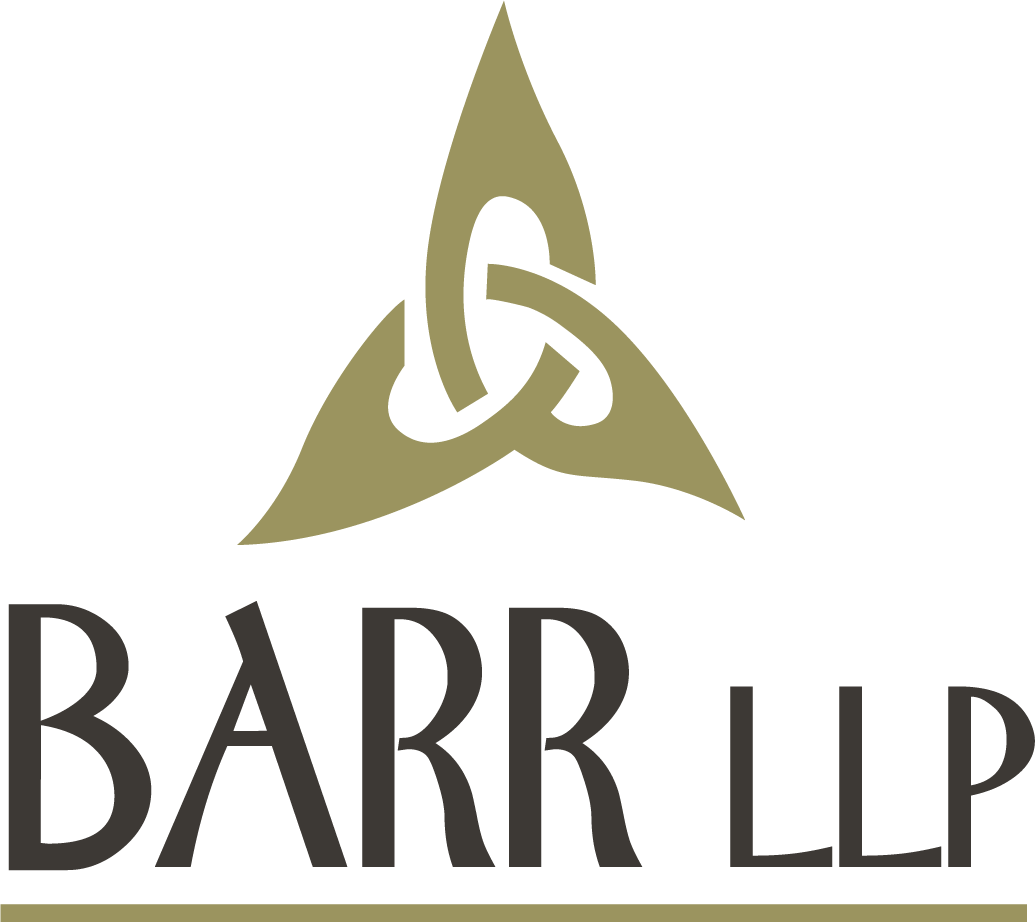A thoughtfully prepared will is the key feature of any estate plan. The assistance of a lawyer can be invaluable in ensuring that your will properly conveys your wishes.
Our lawyers can assist you in determining what to put into your will, draw your attention to matters you may not have considered, and draft a document that will give legal effect to the decisions you make.
Our wills cover the basics such as naming an Executor, appointing a Guardian for your children, making specific, residual or charitable gifts, and indicating your funerary and memorial wishes.
In addition to the basics, we can also assist in preparing wills that deal with transmission of any of your corporate holdings, setting up trust provisions in cases where a minor or young adult could potentially receive a large inheritance, setting up charitable trusts, or caring for adult dependents.







